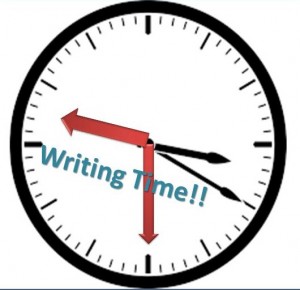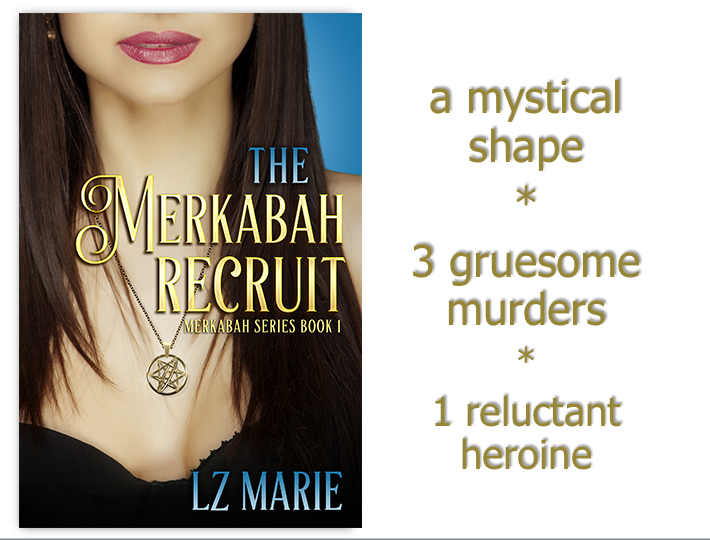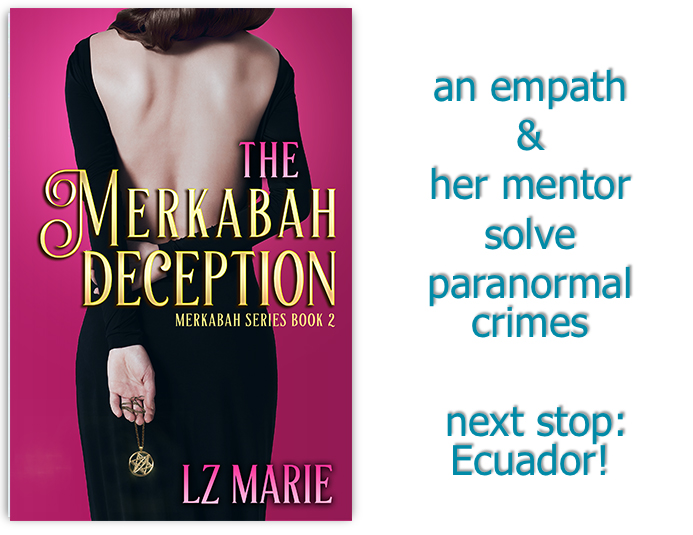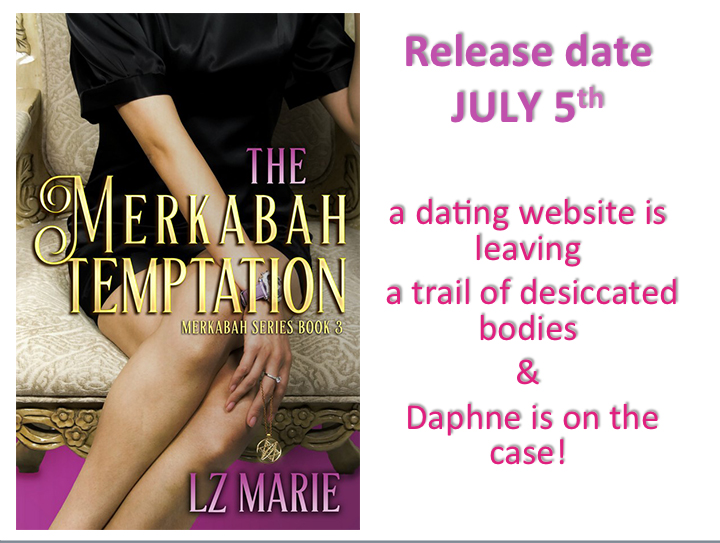 “How do you find the time to write a novel while working full time?”
“How do you find the time to write a novel while working full time?”
I get asked this question ALL the time by coworkers, friends, and aspiring authors. Writing a novel is time-consuming. It takes a whole lot of perseverance and ambition and stamina and self-control.
I credit rearing four children. Learning the art of effective time-management was essential. I had no choice but to figure out how to maximize my time. ( Any mom or dad who has driven children from this practice to that practice knows skills are involved.) This same skill has served me well at work and when I decided to pursue a lifelong dream of writing novels.
Below are a few tips for making the most of your ‘free’ time.
- Prioritizing the few hours of available writing time is critical. The WHEN.
- Equally important is maximizing your creative brain power during that time. The WHAT. Once you’ve determined the WHEN and WHAT you’ll be able to optimize those few precious hours during the work week.
The WHEN: Those folks who rise with the sun might find they have more time to write after work. Writers with a later start might be able to squeeze in an hour or so before work.
So….before or after work?
The WHAT: Whether you work morning or evening, many of us deal with brain drain… you know, that I’m-so-tired-I-can’t-think brain. Some days are worse than others. It’s absolutely critical to know what you are capable of creatively ( or not ) so you can determine the best task for your creativity level. So whether you are brain dead or on creative fire you will make some kind of progress.
Here’ a 100% non scientific look at the creative mind.
Cold Brain: The least creative thinking time.
-
Use this time to tweet, scroll through Facebook, read blogs and email, or research and take notes.
Warm Brain: Dribs and drabs of creativity.
- Use this time to jot down ideas for future blogs and/or work in progress. Some folks are able to line edit or fine-tune sentences.
Hot Brain: Creativity Maximus.
-
Use this time to plot, outline, and write first and second drafts. Dinner isn’t happening! Neither is laundry nor any other household task.
Do’s & Don’ts
- Do learn your own brain’s rhythms. For example, it’s tough for me to think creatively immediately after I get home—Cold Brain–, but after dinner—Hot Brain—I might be able to crank out a 1000 words for a rough draft.
- Do honor your own writing pace. For example, 1st drafts required my most creative brain, I get the most work done on a weekend. I feel mighty accomplished if I manage to write a whole page of a 1st or 2nd draft during the week.
- Do stick to a schedule. Make writing a habit not an afterthought. I say it’s my second job and treat it as such.
- Don’t beat yourself up trying to write 2000-words a day if you’re mentally exhausted. Just choose a cold brain task.
- Don’t try to solve a plot problem when you’re brain dead.
- Don’t waste valuable HOT Brain time on actions or interactions that steal your best creative time. Yup, dinner ain’t happening.
A word about weekends and days off: Work ’em for all they’re worth.
Related Posts: Readin’ & Writin’; Rock Your Writing















What do you do when going through a personal problem? I feel brain dead then, and miss all my self imposed deadlines.
Those are tricky. If you can channel your emotions into the work in progress that’s great. Embrace those emotions and note how your mind, body, and soul feels. Instead of thinking “I’m devastated,” tune into your body’s responses. Is your throat tight? heart racing? jaw clenched? Use physiological responses to create descriptive metaphors for emotion.
I guess I’m fortunate in that I can leave problems behind when I write. Writing is an escape from reality.
Thank you so much…Channeling those emotions into writing is a great idea 🙂